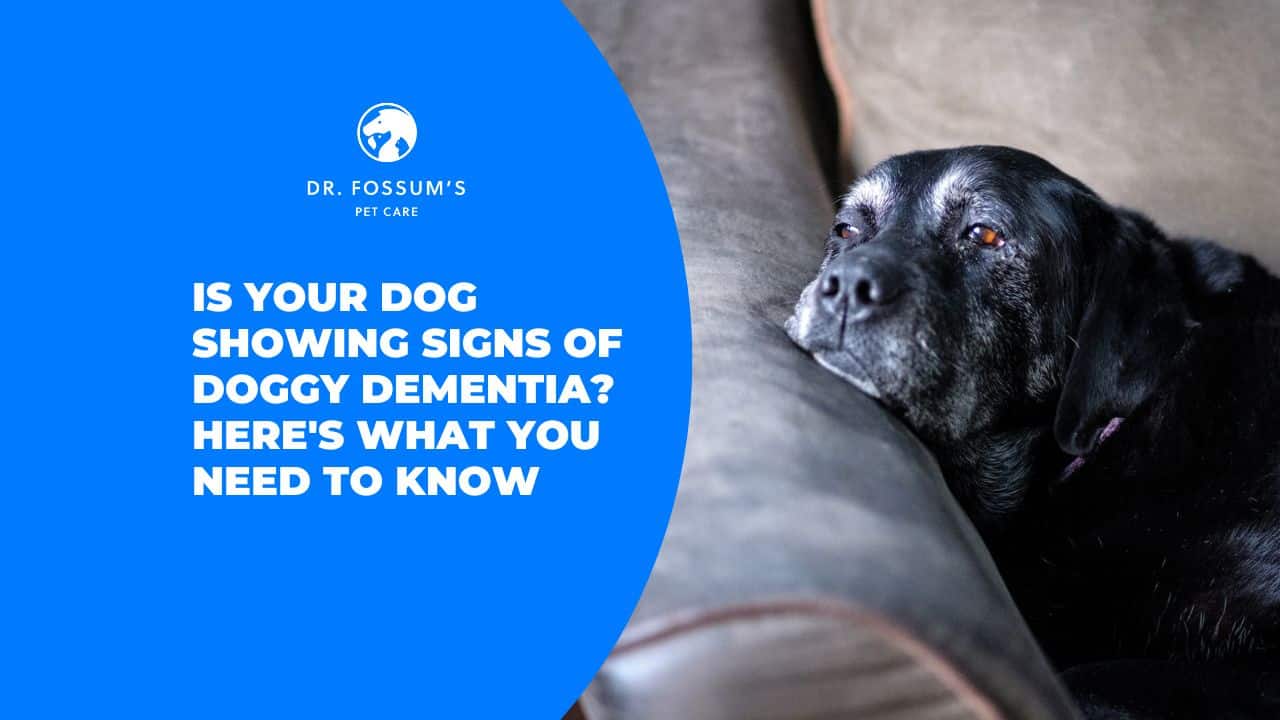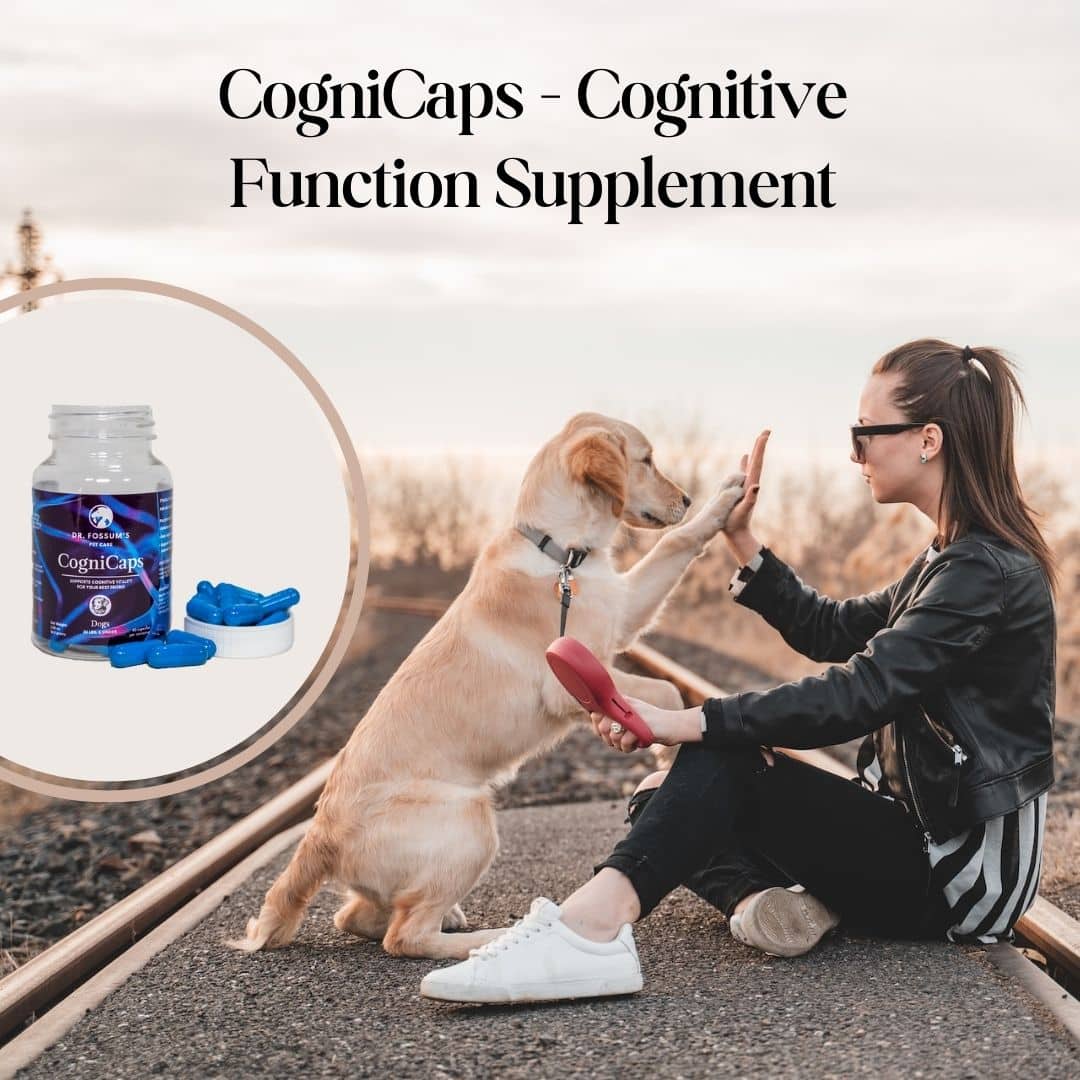- Pet Disease, Pet Health

Is Your Dog Showing Signs of Doggy Dementia? Here’s What You Need to Know
As dogs age, they may experience changes in their behavior and cognitive function. Some owners think that their dog is just getting old and confused, but it can actually be signs of something more significant. It can be difficult to distinguish between normal aging and canine cognitive dysfunction (CCD), which affects up to 35% of dogs and is similar to Alzheimer’s disease in humans. Geriatric dogs are very likely to experience doggy dementia. Some owners think that their best friend is just a confused older dog.
Keep an eye out for the following signs:
- barking at inappropriate times
- Urinating indoors or in place that are not common
- Forgetting how to be a dog
- Anxiety without a trigger event
- Reversed sleep cycles where your dog is awake at night and sleeping during the day
- decline in motor skills
- decreased interest in playing or interacting with family members
If you suspect your dog may have CCD, take them to a veterinarian for evaluation. Early detection and treatment can slow the progression of the disease and improve your dog’s quality of life. In addition to medical treatment, consider using CogniCaps by Dr. Fossum’s Pet Care to support normal nerve cell conduction and brain activity in your dog.
CogniCaps Open-label Clinical Trial
Researchers conducted an open-label clinical trial to investigate the effects of CogniCaps on cognitive scores of aging dogs with CCD. This cognitive supplement for dogs called CogniCaps is an integrative product for dogs that combines conventional ingredients and Chinese herbals. Each ingredient was carefully selected based on clinical trial evidence of efficacy and tolerability. In an open-label clinical trial, ten dogs with moderate cognitive scores were given CogniCaps for two months. The study found that the dogs’ cognitive scores improved by 38% and 41% at 30 and 60 days, respectively, and this improvement was sustained at the 60-day follow-up. These results suggest that non-drug options, such as nutraceutical supplements, could be a potential treatment for CCD in dogs. This study provides evidence that non-drug options, such as nutraceutical supplements, could be a potential option for treating CCD in dogs.
As a dog owner, it is important to be aware of the signs of CCD and to take the necessary steps to ensure your dog’s well-being. Providing a familiar environment, routine, and plenty of mental and physical stimulation can also help reduce anxiety and frustration. With the right care and attention, you can help your dog age gracefully and live a happy and healthy life.
Share this post:
CogniCaps – Canine Cognitive Function Supplement
$59.99 – $109.99 — or subscribe and save 15% Select options



